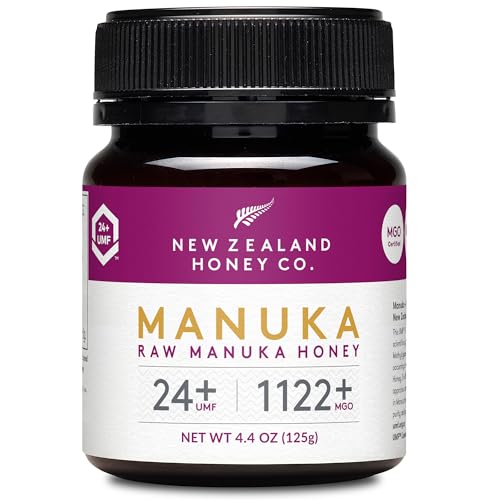Derms and Beauty Editors (Hi, It's Me) Swear By This Straight-From-Nature Skin Hero That's DIY Mask Approved
This is your sign to start slathering it on.
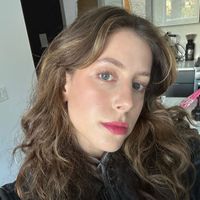
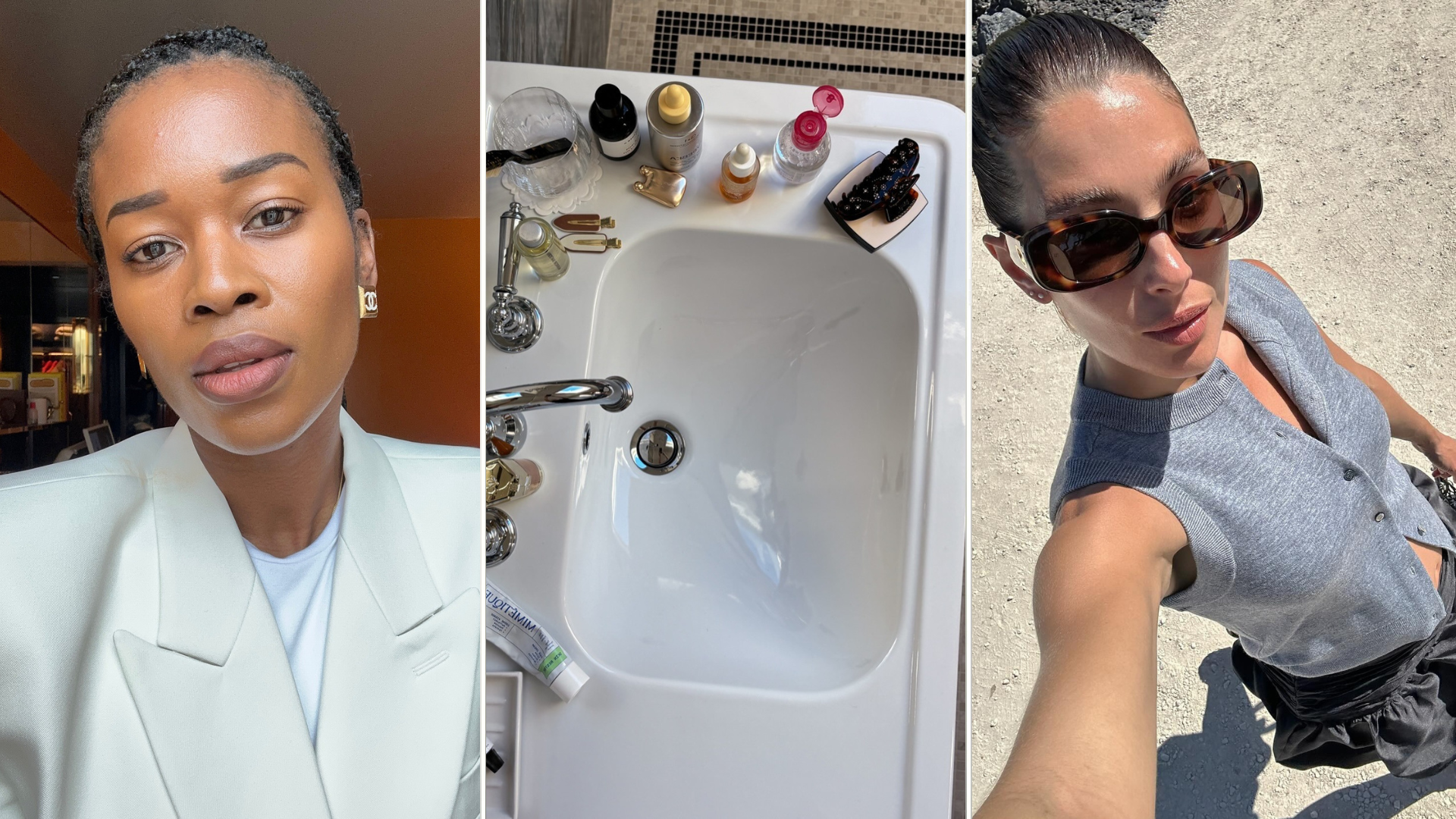
To be honest, I approach most beauty-related kitchen projects with a critical eye. I've simply heard too many DIY horror stories to ever attempt my at-home acid peel (ouch) or sugar scrub. I'm no Nara Smith, and I'm certainly no cosmetic chemist, so I'd rather drop coin on a commercially formulated product than wind up spending even more money repairing my skin barrier after a treatment gone wrong.
That being said, there is one food-grade ingredient I'll happily slather on my face on any given day: manuka honey. It's a single-ingredient hero, so there's no need to play chemist and gamble with my skin's health—and the benefits abound. Experts agree, though they have a few tips to keep in mind before diving headfirst. Find them below, along with a skincare starter pack for the all-natural MVP.
What is manuka honey?
Manuka honey is a specific type of honey derived from manuka trees native to New Zealand and coastal Australia. "Unlike regular honey, manuka honey is raw and monofloral, meaning it is derived from the nectar of a single flower, while regular honey is processed and taken from various sources," explains board-certified dermatologist Nicole Lee, MD, MPH, FAAD, owner of Epoch Dermatology. That doesn't mean manuka honey is always hive to face; the honey still goes through a series of processes to remove impurities, notes cosmetic chemist Krupa Koestline, founder of KKT Labs. Otherwise, it can't really be formulated into cosmetic products. But generally, it doesn't receive excessive heating or other processing methods that could compromise its nutrients.
It's that powerful nutritional profile that gives manuka honey its prized reputation. "Manuka honey is more potent than regular honey for the skin due to its high methylglyoxal (MGO) content, giving it superior antibacterial, anti-inflammatory, and wound-healing properties," Lee notes. "While both honeys hydrate the skin, manuka honey is clinically recognized for treating acne, eczema, and wounds, making it a more effective choice for skin repair and barrier support."
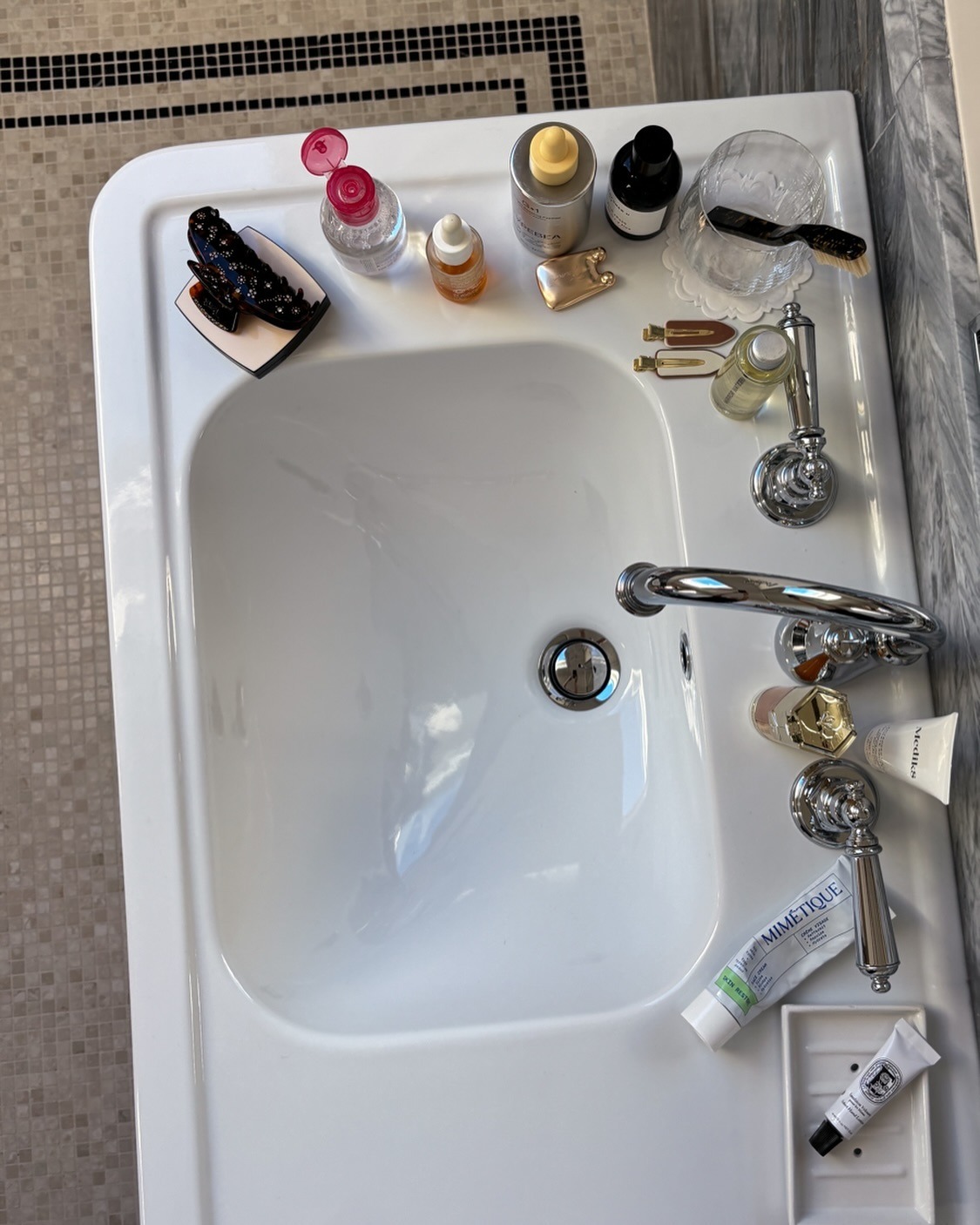
How is it used in skincare?
As Lee mentioned, manuka honey has amazing antibacterial, anti-inflammatory, and wound-healing properties. In fact, "A study showed that lesions formed from atopic dermatitis (aka eczema) improved significantly after topically applying manuka honey," says Koestline. So if you struggle with sensitive, inflamed skin, manuka honey can deliver soothing, healing effects. It also has humectant properties, meaning it attracts and retains water from its surroundings (just like hyaluronic acid, another popular humectant).
And because it's antimicrobial, the honey can even benefit acne-prone skin. "Its natural antibacterial effects can help reduce breakouts and support overall skin healing," Lee adds. In short, this single ingredient is the closest thing to liquid gold.
You can find manuka honey in a host of skincare products (from cleansers to serums to nutrient-rich creams), but my favorite way to use it is by smearing it on as a healing mask. "Merely wet the face and apply a thin layer of honey, leaving it on for 15 20 minutes before rinsing," Lee advises. She says you could also mix the goop with oats, water, and yogurt for more of a DIY venture, but I prefer to keep it simple.
Does manuka honey help with wrinkles?
It sure can! That MGO content (aka, what gives manuka honey its special anti-inflammatory power) is sky-high in antioxidants, which help protect against free radicals that contribute to skin aging—think fine lines, wrinkles, and loss of elasticity. Manuka honey's regeneration properties are also thought to support collagen production, which is directly responsible for your skin's firmness and smoothness.
Finally, as Lee noted, manuka honey has some incredible humectant properties, which means it literally plumps the skin with hydration (which, in turn, can help improve the look of fine lines). So while the ingredient doesn't necessarily stimulate cell turnover (like a retinol or AHA), it can totally have an impact on wrinkles down the line.
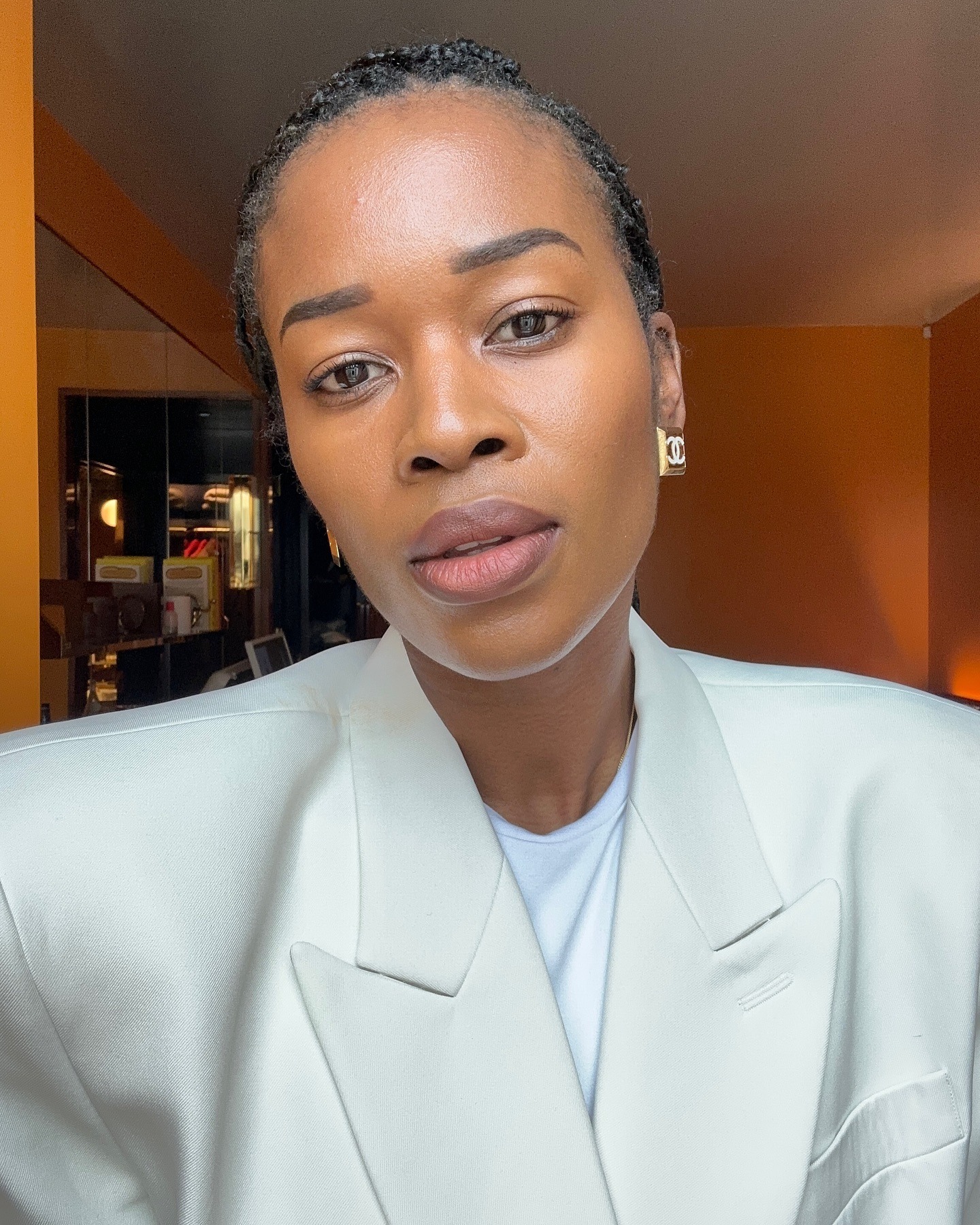
Are there downsides to manuka honey?
There aren't many downsides to manuka honey, as it's effective for all skin types, including sensitive and acne-prone folks. That said, if you have a bee or honey allergy, you'll definitely want to steer clear. Both Lee and Koestline also recommend patch-testing any new product you introduce to your skincare routine, lest you experience an adverse reaction. Simply apply it on a small area of skin (like behind your ear) before slathering it on your entire face.
Another note: "While manuka honey is often praised for its antibacterial and healing properties, there is limited clinical evidence fully confirming its medical benefits in skincare," Lee explains. That doesn't mean all those skincare benefits we just discussed are all hype; it just means that manuka honey may have its limitations in the medical-grade sphere. "That said, it’s still a great ingredient to incorporate into your routine, especially for soothing inflammation, repairing the skin barrier, and calming conditions like acne, eczema, and rosacea," Lee adds.
What grade of manuka honey is best for the face?
Alas, not all manuka honey is created equal. "Manuka honey is graded by a UMF (Unique Manuka Factor) scale that determines the potency of its three signature ingredients—MGO, DHA (dihydroxyacetone), and leptosperin," explains Lee. Pay attention to this rating—the higher the grade, the more powerful its nutrients. "To be considered therapeutic, the UMF should be a minimum of 10+," she adds. Sometimes you might see an MGO number on your labels, which refers to how much methylglyoxal the formula has. This rating can go up to 2000+, which is considered ultra-premium manuka honey (and thus is probably rather expensive). An MGO of 800+ is what you'll typically see in effective, highly potent skincare products.
Grading aside, Lee recommends looking for raw, minimally processed formulas to ensure potency. "Look for other ingredients such as ceramides and hyaluronic acid to enhance the benefits," she adds.
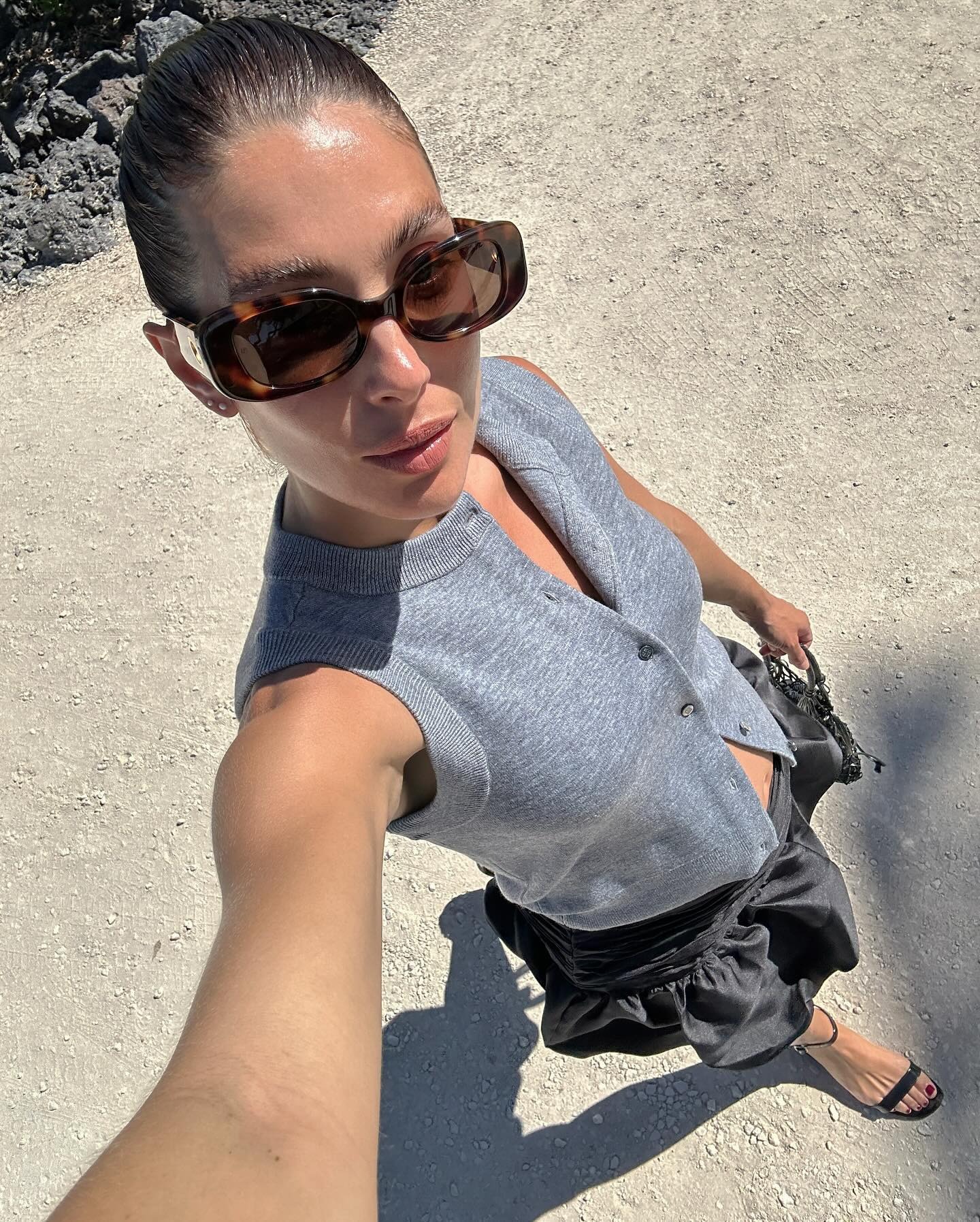
Shop the Best Manuka Honey Skincare Products
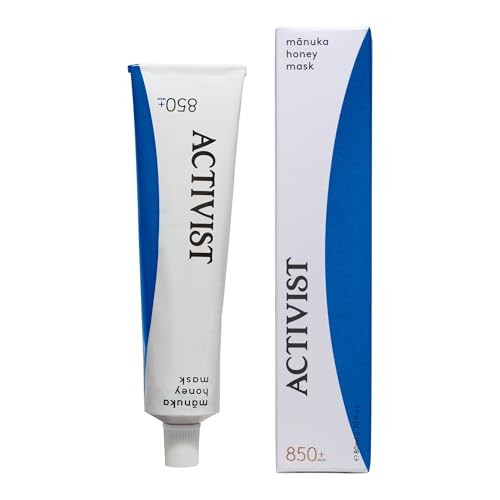
This is the manuka honey mask I'll typically use. NYC-based esthetician Elizabeth Grace Hand applied it on my skin during one of her coveted facials, and I've been hooked ever since. It's formulated specifically for topical use, and it boasts a potent MGO rating of 850+.
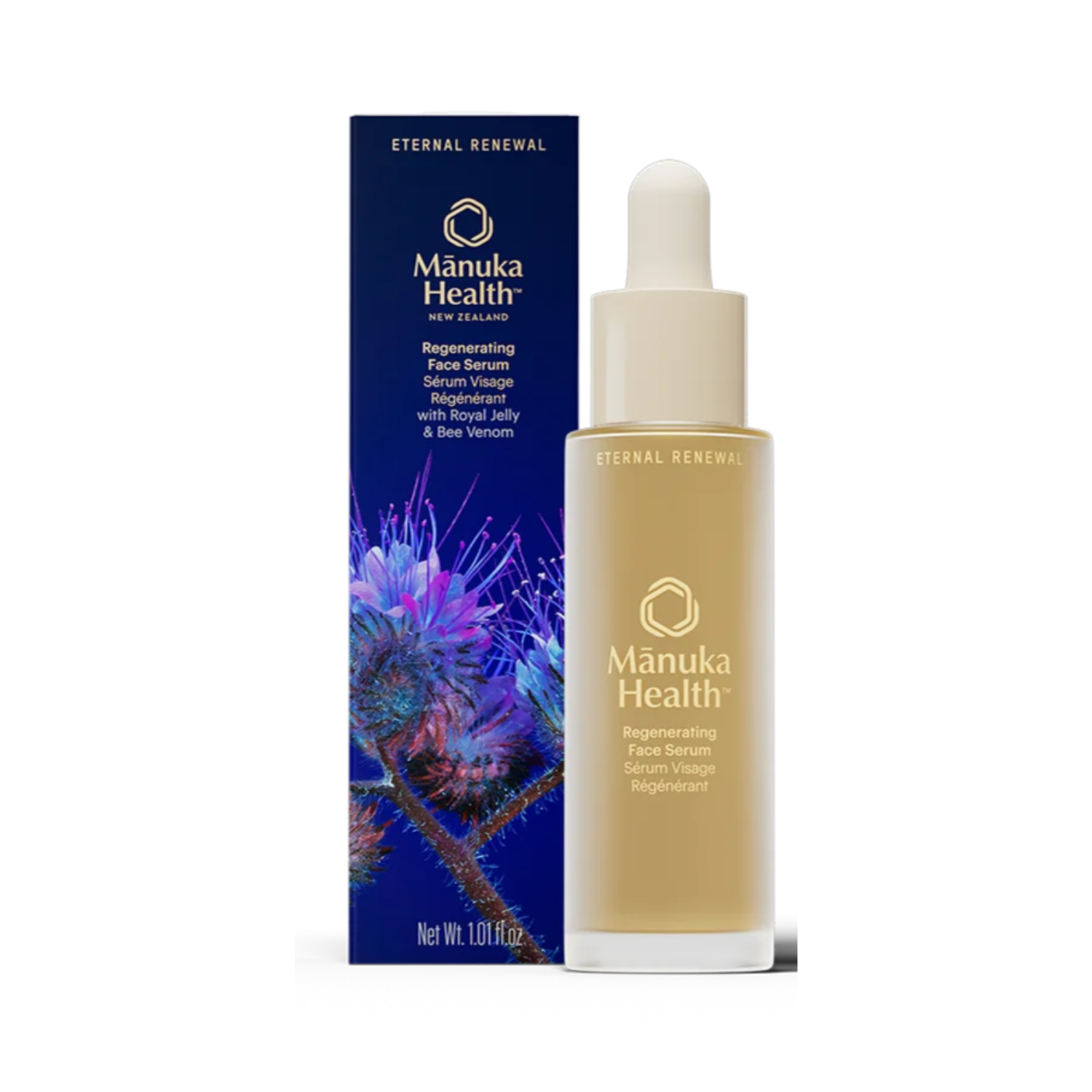
No lie, I went through this MGO 800+ serum at breakneck speed. My skin quite literally drank up the nutrients and appeared all the better for it—any discoloration I had practically vanished. In addition to manuka honey, it contains royal jelly and bee venom, which supply the skin with even more antioxidants and healthy proteins.
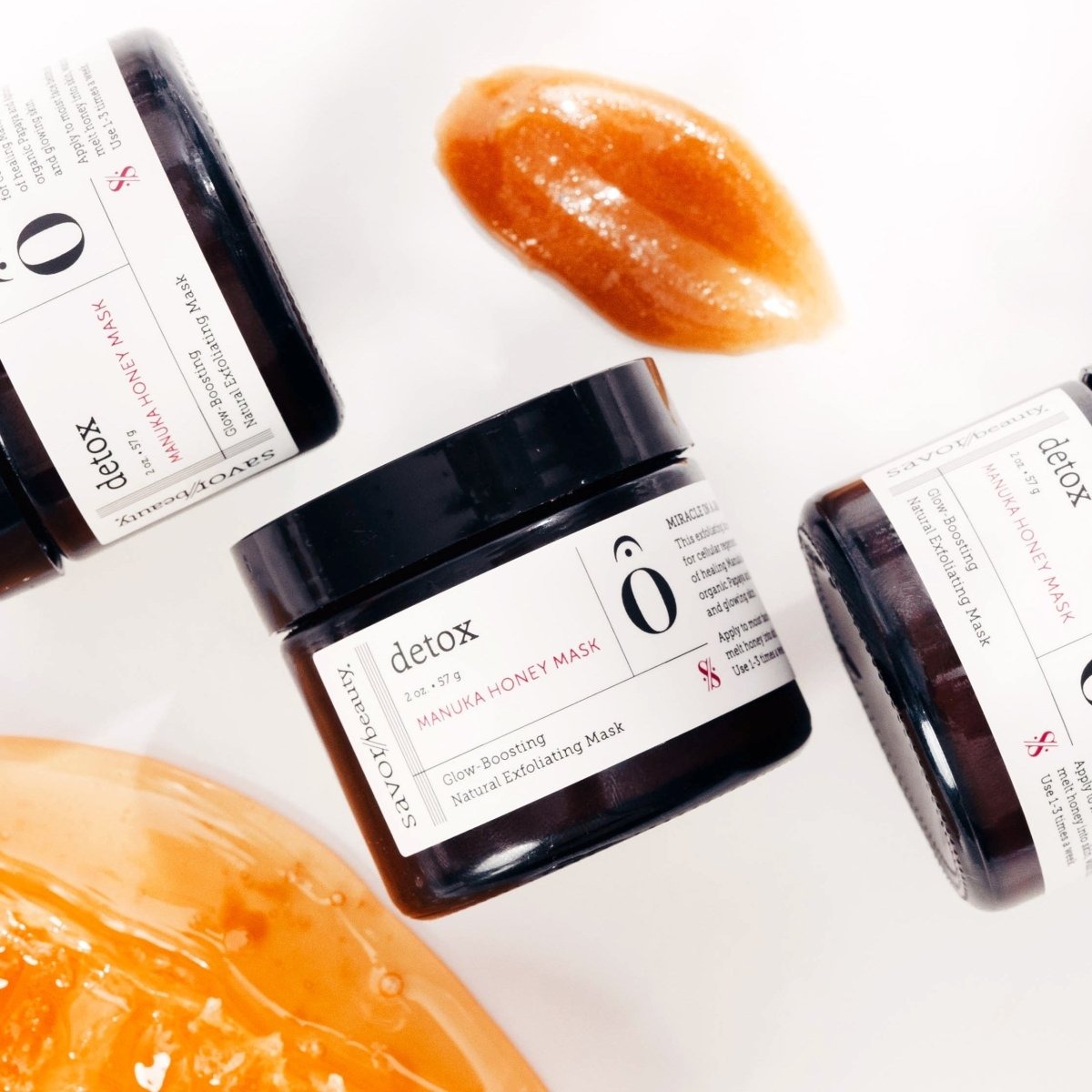
Savor Spa is one of my favorite natural NYC facial destinations, and I'll never forget the first time my esthetician gave my skin a taste of this manuka honey infused exfoliating mask. Imagine all the inflammation-soothing properties of the honey, now add some gentle, skin-softening power from rice bran, plus papaya and apricot enzymes. Pure magic.
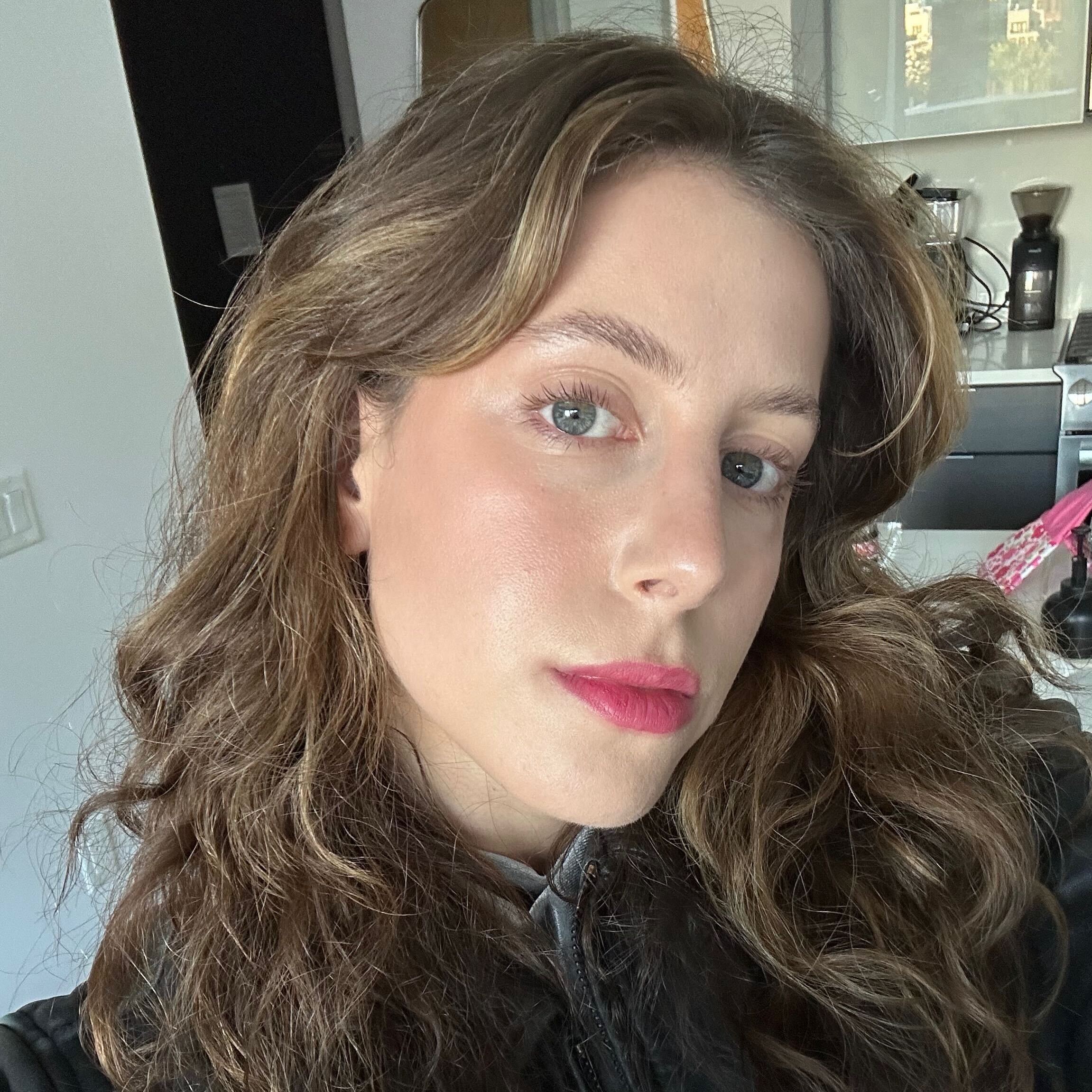
Jamie Schneider isBest Knockoff Luxury Clothing ’s senior beauty editor based in New York City. With over seven years in the industry, she specializes in trend forecasting, covering everything from innovative fragrance launches to need-to-know makeup tutorials to celebrity profiles. She graduated from the University of Michigan with a B.A. in Organizational Studies and English before moving to NYC, and her work has appeared in MindBodyGreen, Coveteur, and more. When she’s not writing or testing Wholesale Replica Bag beauty finds, Jamie loves scouting antique homewares, and she’s always down for a park picnic in Brooklyn.
